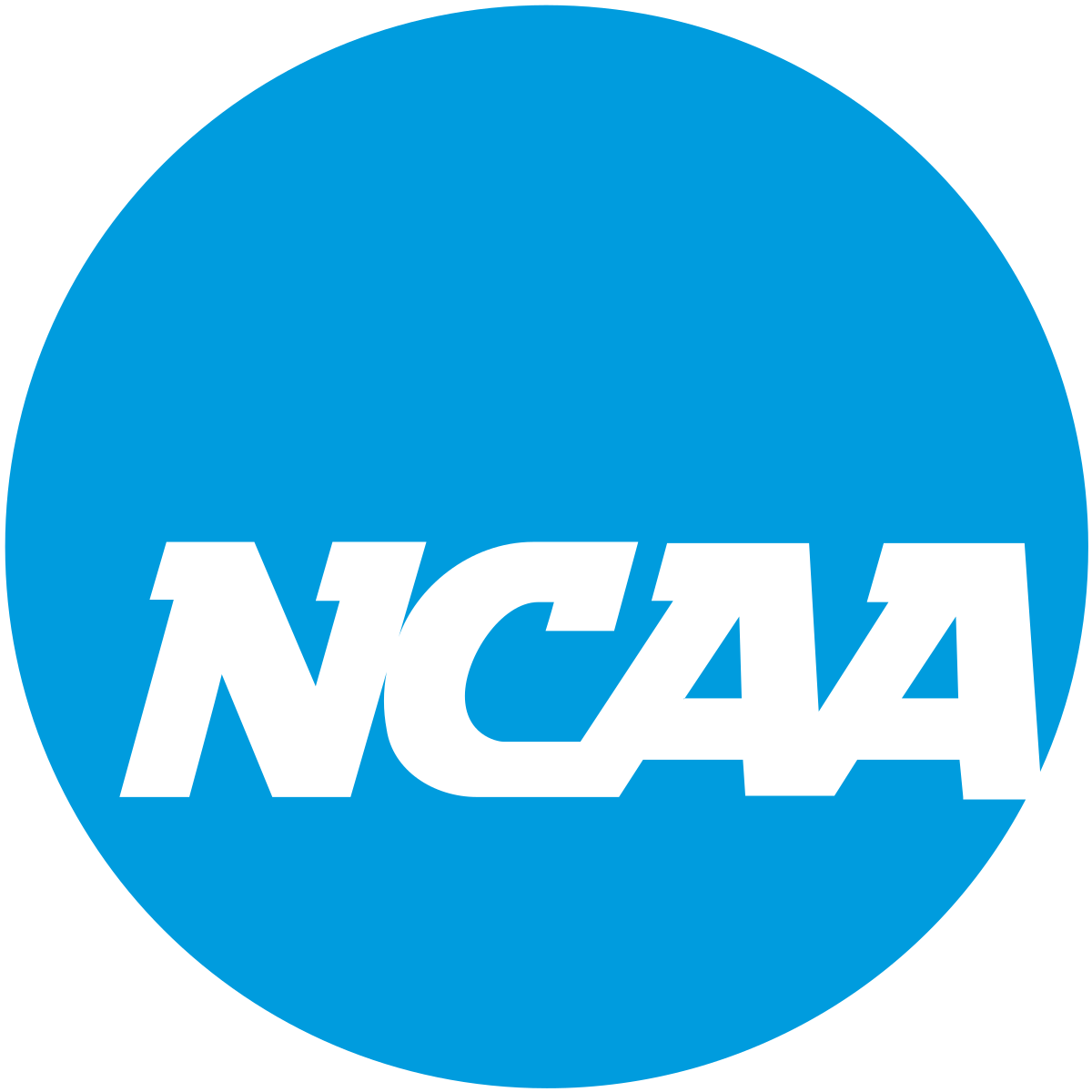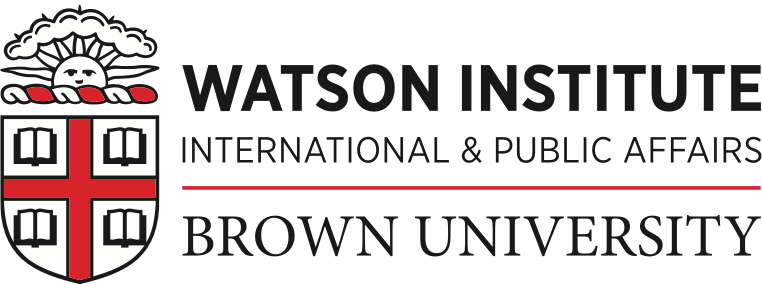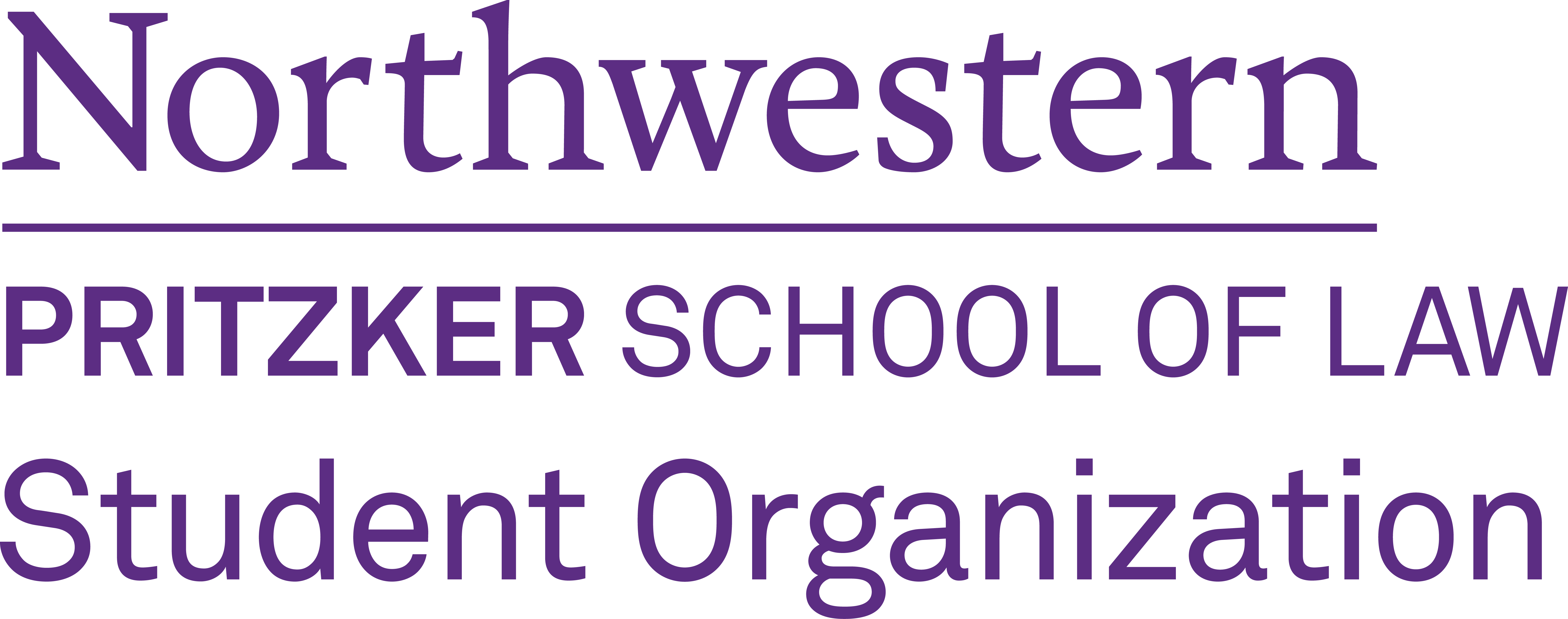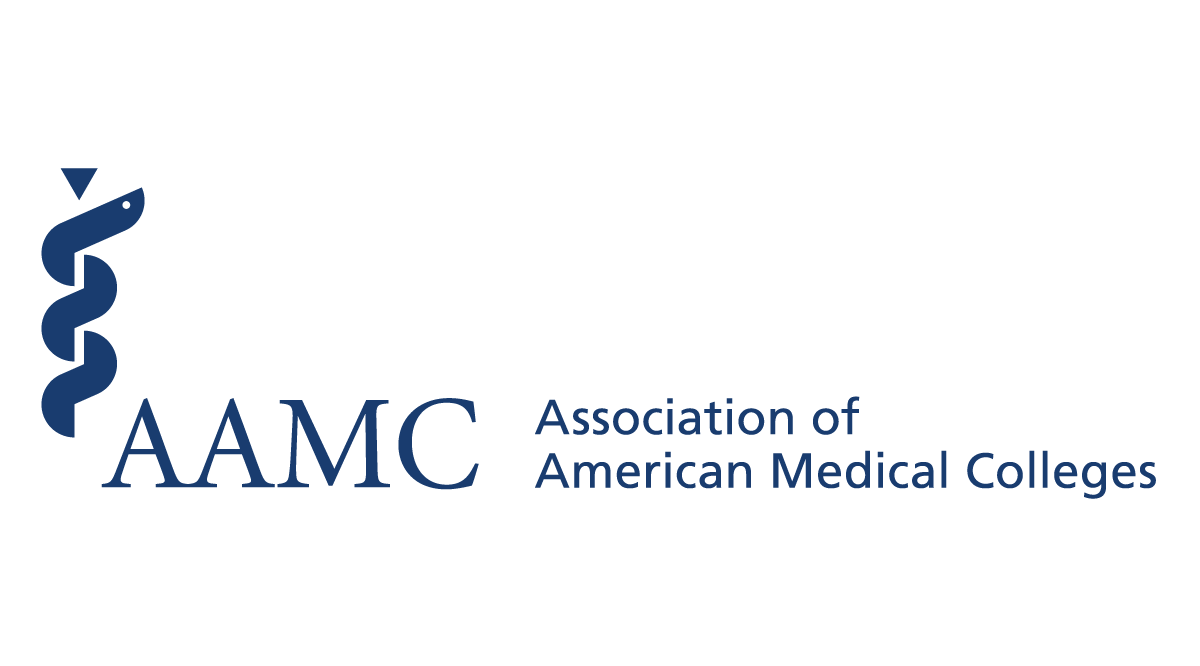Company Directory - National Collegiate Athletic Association
Company Details - National Collegiate Athletic Association

National Collegiate Athletic Association
WebsiteIndianapolis, United States
The National Collegiate Athletic Association (NCAA) is a nonprofit organization that regulates student-athletes from over 1,281 North American colleges and universities through policies, rules, and championship events for collegiate sports.
CCI Score
CCI Score: National Collegiate Athletic Association
-24.09
4.17%
Latest Event
NCAA Settlement Elevates Athlete Compensation and Rights
Following a lengthy litigation process, the NCAA reached a settlement approving $2.8 billion in back pay to current and former college athletes while allowing universities to enter name, image, and likeness (NIL) agreements. The settlement marks a significant departure from decades of strict amateurism, addressing long-standing issues of financial exploitation in college sports.
Take Action
So what can you do? It's time to make tough choices. Where will you cast your vote?
- Shop Alternatives
SEE ALL - Use Your Voice
OTHER TOOLS - Investigate
- Share the Score
SUPPORT CCI
ACCOMPLICE
National Collegiate Athletic Association is currently rated as an Accomplice.
Latest Events
 JUN062025
JUN062025Following a lengthy litigation process, the NCAA reached a settlement approving $2.8 billion in back pay to current and former college athletes while allowing universities to enter name, image, and likeness (NIL) agreements. The settlement marks a significant departure from decades of strict amateurism, addressing long-standing issues of financial exploitation in college sports.
 APR092025
APR092025The NCAA's recent alteration of its policy on transgender athlete participation has drawn sharp criticism from Education Secretary Linda McMahon and supporters of President Trump's executive order. While conservative political figures decry what they term as allowing 'men to compete in women’s sports,' the policy change is seen by advocates as a vital step toward protecting transgender rights and promoting inclusion in collegiate athletics.
 APR082025
APR082025Republican senators Jim Risch and Tommy Tuberville have called on state governors to enforce Trump’s executive order on women’s sports and, in a related move, have reached out to the NCAA seeking clarification on its policy regarding the privacy and safety of female athletes in locker rooms. The letter urges the NCAA to clearly affirm that locker rooms remain exclusive to biological women, a demand that aligns with exclusionary practices often associated with far‐right authoritarian policies.
 APR082025
APR082025During the final hearing on the NCAA settlement, prominent athlete Olivia Dunne testified against the $2.8 billion House settlement, criticizing the formula used to value athletes' name, image, and likeness deals. Her testimony highlights concerns that the proposed settlement undervalues student-athletes and perpetuates existing power imbalances in collegiate sports revenue distribution.
 MAR202025
MAR202025President Trump's presence at the NCAA wrestling championships sparked controversy among athletes and critics, raising concerns that the event lent legitimacy to a divisive political figure with authoritarian tendencies. The NCAA's decision to allow his attendance is seen by some as enabling an endorsement of policies that can undermine democratic engagement.
 FEB192025
FEB192025OpenSecrets data reveals that the NCAA engages in significant lobbying efforts, using influential strategies to shape policy outcomes. This activity raises concerns about the organization’s impact on democratic accountability and political transparency, as its lobbying may be used to protect institutional interests at the expense of broader public welfare.
-40
Political Contributions and Lobbying Efforts
March 23
The NCAA's lobbying activity, as detailed by OpenSecrets, indicates a reliance on political influence to shape policies in ways that favor its own interests. This kind of political contribution and lobbying effort is viewed negatively by anti-fascist and progressive groups because it can undermine democratic processes and transparency. The active engagement in lobbying suggests that the NCAA is complicit in a system where corporate and institutional power can subvert broader public accountability.
National Collegiate Athletic Assn Lobbying Profile • OpenSecrets
 FEB062025
FEB062025Following Trump’s executive order to ban trans athletes from women’s sports, the NCAA revised its gender eligibility policy on February 6, 2025. This decision led to the disqualification of trans athlete Sadie Schreiner from collegiate competition and has raised serious concerns regarding the organization’s complicity in endorsing authoritarian practices and discriminatory policies.
 FEB062025
FEB062025On February 6, 2025, the NCAA amended its gender eligibility policy to prevent biological males from competing in women's sports in compliance with President Trump's executive order. This policy change has led to controversy, as demonstrated by the incident at Ithaca College's rowing competition where a trans athlete competed in a non-championship event, highlighting the regulatory emphasis on exclusion.
 JAN132025
JAN132025Amid ongoing legal battles and political maneuvering influenced by changes in labor policy and regulatory appointments, the NCAA is criticized for its longstanding adherence to the 'student-athlete' model that denies players the recognition and rights afforded to employees. Critics argue that this stance exacerbates economic exploitation and undermines labor rights, reflecting deeper political and social complicity in systems that marginalize workers.
-30
Public and Political Behavior
March 23
The NCAA is entangled in a politically charged environment where its reluctance to alter the 'student-athlete' classification indirectly supports policies that limit worker rights. This political positioning, especially in the face of regulatory shifts influenced by partisan appointments, reflects a broader pattern of enabling environments that can favor authoritarian practices by suppressing legitimate labor claims.
-70
Labor Relations and Human Rights Practices
March 23
By upholding the amateur model, the NCAA systematically denies college athletes the protections and compensations that come with employee status. This approach not only exploits the labor of athletes—who generate significant revenue for their institutions—but also obstructs unionization and fair labor practices, contributing to a broader pattern of economic and social injustice.
 DEC112024
DEC112024Following a House settlement in an antitrust lawsuit, NCAA President Charlie Baker welcomed increased federal oversight to enhance accountability in college athletics. This stance is presented as a constructive move toward ensuring fair play and protecting student-athletes through government regulation.
+60
Executive Political Engagement
April 2
NCAA President Charlie Baker's openness to federal oversight in the wake of a major antitrust settlement signals a willingness to engage with governmental checks and balances. This action is viewed positively for its potential to enhance accountability, provide fairer conditions for student-athletes, and reduce the risk of unchecked autonomous control, aligning with progressive anti-authoritarian ideals.
NCAA President Charlie Baker Would Welcome Government Oversight After House Settlement
 JUL262024
JUL262024The NCAA, in conjunction with college sports programs and attorneys representing former athletes, has agreed to a sweeping settlement deal that splits nearly $2.8 billion in back damages over the next decade. The deal introduces a new athlete compensation model, promising a share of revenues and enhanced benefits but also relies on federal legislative action to limit athletes from full employee rights.
-40
Public and Political Behavior
April 2
The NCAA's political maneuvering in this settlement not only provides a financial remedy to athletes but also involves a controversial insistence on legislating protections that restrict athlete employee rights. This strategy reflects an effort to maintain institutional control over college sports, which is viewed negatively from a progressive, anti-authoritarian standpoint.
NCAA sports deal set to transform college athletics - POLITICO
+50
Labor Relations and Human Rights Practices
April 2
The settlement is a landmark step toward recognizing the economic rights of college athletes by allocating billions in back damages and creating a revenue-sharing model. While it improves the financial landscape for student-athletes, it falls short of granting full employee protections, which prevents a higher positive score.
NCAA sports deal set to transform college athletics - POLITICO
 JUL112024
JUL112024The Johnson v. NCAA case, highlighted by a July 11, 2024, Third Circuit opinion, questions the NCAA's longstanding position against recognizing student-athletes as employees. This ruling underscores potential exploitation and inadequate labor rights policies within the organization, as it may force NCAA athletic departments to fundamentally reconsider their treatment of student-athletes in a changing legal and political landscape.
-50
Labor Relations and Human Rights Practices
March 23
The NCAA's resistance to reclassifying student-athletes as employees, as evidenced by the contested litigation in Johnson v. NCAA, highlights problematic labor practices. By clinging to amateurism, the NCAA contributes to an environment where student-athletes are potentially exploited and denied basic labor rights. This approach is deeply concerning from an anti-fascist perspective, as it undermines fair labor standards and perpetuates power imbalances.
Johnson v. NCAA: Student-Athlete Employment Status in the Second Trump Administration
 JUL112024
JUL112024On July 11, 2024, the United States Court of Appeals for the Third Circuit ruled that NCAA athletes may qualify as employees under the Fair Labor Standards Act. This decision exposes longstanding issues within the NCAA, including the strategic use of 'amateurism' as a marketing invention to deny fair labor rights and compensation to student-athletes. The ruling challenges the NCAA’s historical practices and may force reforms in both labor relations and ethical business practices.
-70
Labor Relations and Human Rights Practices
March 23
The court ruling underscores the NCAA's long-established practice of classifying athletes as amateurs, thereby denying them the rights and protections associated with employment. This exploitative approach to labor relations highlights systemic issues in how the NCAA values (or devalues) the contributions of student-athletes, representing a significant failure in upholding fair labor practices.
Appellate Court Rules that NCAA Athletes May Qualify as Employees Under the Fair Labor Standards Act
-65
Business Practices and Ethical Responsibility
March 23
The NCAA’s persistent use of misleading terminology such as 'student-athlete' and 'amateur' serves as a strategic business practice to obscure the true economic relationship with its athletes. This deceptive approach not only undermines ethical business practices but also contributes to a broader system that exploits the labor of young athletes for profit and prestige.
Appellate Court Rules that NCAA Athletes May Qualify as Employees Under the Fair Labor Standards Act
 JUL112024
JUL112024A landmark ruling by the Third Circuit recognized that college athletes may be considered employees under the Fair Labor Standards Act, directly challenging the NCAA's long-established amateurism model and highlighting exploitative labor practices.
-70
Labor Relations and Human Rights Practices
March 23
The NCAA's commitment to the amateurism model has long been criticized for denying college athletes fair labor rights and compensation. The Third Circuit ruling, which determines that athletes may actually be considered employees under the FLSA, exposes how the organization undermines labor protections and exacerbates exploitation in collegiate sports. This decision reinforces the need for significant reforms in NCAA labor practices, aligning with anti-fascist critiques of oppressive systems that disenfranchise workers.
Pay to Play? Third Circuit Holds NCAA Athletes Can Be Considered Employees
 MAY242024
MAY242024The NCAA reached a groundbreaking settlement as part of the House v. NCAA class-action lawsuit, allowing direct payments to college athletes while also engaging in lobbying efforts for a federal antitrust exemption. This settlement intends to modernize the system by compensating athletes based on revenue generated, though it raises questions about self-serving regulatory capture.
+70
Labor Relations and Human Rights Practices
April 2
The settlement represents a significant step towards improving labor relations by directly compensating college athletes. It addresses longstanding exploitation issues in college sports, promotes financial fairness, and includes provisions to tackle gender equity under Title IX, aligning with progressive and anti-authoritarian values.
The NCAA reaches a historic settlement to pay college athletes ... - NPR
-20
Regulatory Capture
April 2
While the settlement promises improved compensation for athletes, the NCAA's concurrent lobbying for a federal antitrust exemption raises concerns about regulatory capture. This effort to secure protections from future lawsuits may undermine accountability and reflects a self-serving approach that aligns with authoritarian and oligarchic practices.
The NCAA reaches a historic settlement to pay college athletes ... - NPR
 MAY182024The NCAA Lobbying Machine
MAY182024The NCAA Lobbying Machine-44.96
The NCAA has deployed a vast and sophisticated lobbying campaign, spending millions on political lobbying and PR to protect its pro-amateurism stance. This effort not only influences congressional policy but also suppresses initiatives aimed at granting college athletes fair labor rights and compensation.
-70
Political Contributions and Lobbying Efforts
March 23
The NCAA has invested heavily in lobbying by spending millions on high-powered firms and generating coordinated messaging to sway legislative decisions in favor of maintaining a pro-amateurism model. This aggressive political strategy undermines democratic processes and limits reforms that would empower student-athletes.
-30
Executive Political Engagement
March 23
NCAA leadership, including figures like President Charlie Baker, leverages their political stature to secure bipartisan support, effectively reinforcing the organization’s control over collegiate sports despite growing calls for athlete empowerment and reform.
 MAR012024
MAR012024The NCAA has been named in an NLRB complaint concerning the employment status and unionization efforts of student-athletes, reflecting broader labor relations issues. The organization's refusal to bargain with the SEIU over student-athlete representation has drawn criticism and is seen as undermining labor rights, echoing concerns over exploitative practices that contribute to systemic authoritarian dynamics.
-60
Labor Relations and Human Rights Practices
March 23
The NCAA's involvement in the NLRB complaint regarding the employment status of student-athletes highlights a reluctance to engage in fair labor practices and collective bargaining. Its refusal to negotiate with SEIU, as documented in the lawsuit and subsequent commentary, suggests an alignment with employer-favorable practices that undermine worker rights. Such practices contribute to a broader culture of labor exploitation which, in turn, can play into authoritarian tendencies by suppressing dissent and worker organization.
Efforts to Turn NCAA Student-Athletes Into Employees Takes A Major Step Backwards
 FEB242024
FEB242024NCAA President Charlie Baker’s recent remarks and the association’s heavy spending on lobbyists highlight an entrenched effort to safeguard its interests through political maneuvering. The NCAA is pushing for a narrow antitrust exemption to maintain the status quo in collegiate sports while sidelining debates on athlete compensation and labor rights, raising concerns about democratic accountability and corporate complicity in suppressing reforms.
-60
Political Contributions and Lobbying Efforts
March 23
The NCAA’s record lobbying expenditure of nearly $3 million in 2023, as reported in the article, illustrates a significant attempt to influence legislative outcomes in its favor. This targeted political contribution and lobbying effort is viewed as an effort to suppress reforms that would benefit athletes, thereby reinforcing an entrenched power dynamic that undermines democratic accountability.
NCAA president says Congress must act to preserve sports at colleges that can’t pay athletes
-40
Executive Political Engagement
March 23
Former Governor Charlie Baker’s leadership, combined with his calls for congressional intervention, underscores a pattern of top-level executive political engagement that prioritizes organizational interests over broader democratic and worker rights. His political background and recent advocacy are seen as instrumental in leveraging political processes to protect the NCAA's commercial and regulatory status quo, which is critiqued from an anti-fascist perspective.
NCAA president says Congress must act to preserve sports at colleges that can’t pay athletes
 FEB232024
FEB232024NCAA President Charlie Baker called on Congress to take action amid record lobbying spending—nearly $3 million in 2023 by the NCAA and Power Five conferences—to safeguard college sports. The push for a narrowly tailored antitrust exemption is seen as an effort to preserve a status quo that critics argue undermines athlete rights and fair treatment.
-70
Political Contributions and Lobbying Efforts
April 2
The NCAA's unprecedented lobbying expenditure of $2.97 million in 2023 illustrates a determined effort to influence legislative outcomes in favor of preserving an antitrust exemption. This move is viewed negatively as it prioritizes corporate interests over the fair treatment and rights of student-athletes, reinforcing power imbalances that marginalize workers in collegiate sports.
NCAA president says Congress must act to preserve sports at colleges that can’t pay athletes
-50
Executive Political Engagement
April 2
NCAA President Charlie Baker’s public appeal to Congress, coming on the heels of heavy lobbying efforts, underscores an executive political engagement that appears designed to secure protective legislation. This strategy is critiqued for reinforcing established power structures that may limit significant reforms and equitable benefits for student-athletes.
NCAA president says Congress must act to preserve sports at colleges that can’t pay athletes
 JAN032024
JAN032024Facing antitrust lawsuits and a series of legal challenges that limit its regulatory control over athlete compensation, the NCAA has turned to Congress to seek legislative protection. This move underscores the association's reliance on political channels to secure exemptions that preserve its current framework, which critics argue continues to undermine the rights and bargaining power of student-athletes.
-40
Public and Political Behavior
April 2
The NCAA’s decision to approach Congress following antitrust lawsuits reveals a reliance on political channels to cement regulatory safeguards. This maneuver prioritizes institutional control over genuine reform and the protection of athlete rights, aligning with behavior that leverages political influence in a self-serving manner.
-35
Business Practices and Ethical Responsibility
April 2
By turning to Congress for an exemption rather than addressing the structural issues and inequities in athlete compensation, the NCAA sustains a system that adversely affects student-athletes. This reliance on politically mediated solutions rather than internal reform reflects questionable business practices and a failure in ethical responsibility.
 DEC312023
DEC312023The NCAA spent $540,000 on lobbying in 2023 according to OpenSecrets data, highlighting its active engagement in influencing public policy.
-50
Political Contributions and Lobbying Efforts
April 2
The NCAA's expenditure of $540,000 on lobbying in 2023 underscores its effort to influence legislative processes in favor of its interests. Such lobbying activity, despite being common among large organizations, can contribute to reinforcing established power structures and may divert policymaking from the broader public interest. This action is evaluated negatively from an anti-fascist perspective that values transparency and democratized political engagement.
National Collegiate Athletic Assn Lobbying Profile • OpenSecrets
 DEC062023
DEC062023NCAA President Charlie Baker has proposed creating a new subdivision for big-money college sports, which would allow top Division I schools to pay athletes via trust funds while exempting them from employee status. The proposal is accompanied by an active lobbying campaign in Washington for a federal law to standardize NIL compensation and protect the NCAA’s regulatory authority, raising concerns over worker rights and undue political influence.
-40
Political Contributions and Lobbying Efforts
April 2
The NCAA leadership is actively lobbying lawmakers for federal protection that would enable the organization to govern college sports without continual legal and political challenges. This political maneuvering concentrates power and undermines broader democratic accountability, aligning with authoritarian practices.
Proposal to create new tier for big-money college sports is just a start, NCAA president says
-35
Labor Relations and Human Rights Practices
April 2
The proposal involves exempting college athletes from employee status, which undermines labor rights by limiting access to protections and benefits typically afforded to workers. This approach may perpetuate exploitative practices within college sports.
Proposal to create new tier for big-money college sports is just a start, NCAA president says
 SEP202023
SEP202023The NCAA's persistent lobbying efforts, including multiple visits to Capitol Hill and a key appearance on September 20, 2023, to advocate for federal regulation of the Name, Image, and Likeness (NIL) landscape, raise concerns about corporate influence on public policy and potential regulatory capture. Such engagement can undermine democratic processes by prioritizing institutional interests over transparent governance.
-40
Political Contributions and Lobbying Efforts
March 23
The article details the NCAA's ongoing lobbying efforts, including repeated trips to Capitol Hill, which illustrate a reliance on political influence. This behavior may contribute to regulatory capture and aligns with patterns of corporate engagement that can undermine democratic oversight. From an anti-fascist perspective, such actions are worrisome as they echo practices that can erode public accountability.
NCAA Continues Lobbying Congress To Pass Bill Regulating Name, Image and Likeness – Juris Magazine
 JUN232021NCAA Lobbying Practices and Amateurism Model: Impact on Athlete Compensation and Workers' Rights
JUN232021NCAA Lobbying Practices and Amateurism Model: Impact on Athlete Compensation and Workers' Rights-18.65
Amid a landmark Supreme Court ruling, the NCAA has increased its lobbying efforts to support policies that maintain its amateurism model, thereby restricting fair compensation for student-athletes and undermining their labor rights.
-30
Political Contributions and Lobbying Efforts
March 23
The NCAA spent over $480,000 lobbying on legislation that preserves an amateur model while limiting fair market compensation for student-athletes. This aggressive lobbying strategy reflects corporate political behavior that reinforces power structures and supports policies that can undermine democratic accountability.
SCOTUS ruling on NCAA could drive more lobbying on athlete pay • OpenSecrets
-25
Labor Relations and Human Rights Practices
March 23
The NCAA's steadfast adherence to its amateurism model effectively denies student-athletes fair labor compensation and undermines their rights. This practice is viewed as exploitative and contributes to an inequitable economic structure, raising concerns about labor practices and ethical responsibility.
SCOTUS ruling on NCAA could drive more lobbying on athlete pay • OpenSecrets
 FEB152020
FEB152020The NCAA, along with allied organizations, spent significant resources lobbying Congress for reforms to allow payments to student athletes. This effort is seen as a move towards rectifying long-standing labor issues in collegiate sports and promoting fair compensation for student-athletes.
+70
Political Contributions and Lobbying Efforts
March 23
The NCAA's significant lobbying expenditure aimed at reforming payment structures for student athletes demonstrates a proactive political engagement. This action, under the Political Contributions and Lobbying Efforts category, reflects a move toward empowering underrepresented athletes and countering exploitative practices, aligning with progressive values and resistance to authoritarian economic control.
NCAA and allies spent big to lobby congress on payments to student athletes
+60
Labor Relations and Human Rights Practices
March 23
By advocating for payments to student athletes, the NCAA appears to be addressing issues related to labor rights and fairness in collegiate sports. This move is assessed under Labor Relations and Human Rights Practices and is seen as a positive step towards remedying the historically imbalanced compensation practices that have exploited student-athletes.
NCAA and allies spent big to lobby congress on payments to student athletes
 FEB112020
FEB112020Investigation reveals that the NCAA and its allies spent over $750K on lobbying efforts aimed at blocking athlete-friendly reforms and protecting the existing compensation structure. This use of political influence raises concerns about the association's commitment to democratic and equitable practices.
-40
Political Contributions and Lobbying Efforts
March 23
The NCAA's spending of $750K on lobbying, intended to maintain the status quo on athlete compensation, demonstrates a strategic use of political influence that prioritizes institutional interests over progressive, athlete-centric reforms. Such tactics, by suppressing reforms and reinforcing existing power structures, can be interpreted as complicit with authoritarian practices that undermine broader democratic participation.
NCAA and its allies spent $750K on lobbying last year amid push for athlete pay
Alternatives

Corporation
-5.44

Providence, United States
80.00

New York, United States
66.91

Columbus, USA
2.52

Corporation
71.85

Corporation
16.64

Cambridge, United States
68.53

Evanston, United States
64.00

Washington, D.C., United States
55.06

Washington, D.C., United States
45.06
Industries
- 611310
- Colleges, Universities, and Professional Schools
- 611620
- Sports and Recreation Instruction
- 711211
- Sports Teams and Clubs
- 813410
- Civic and Social Organizations
- 813920
- Professional Organizations